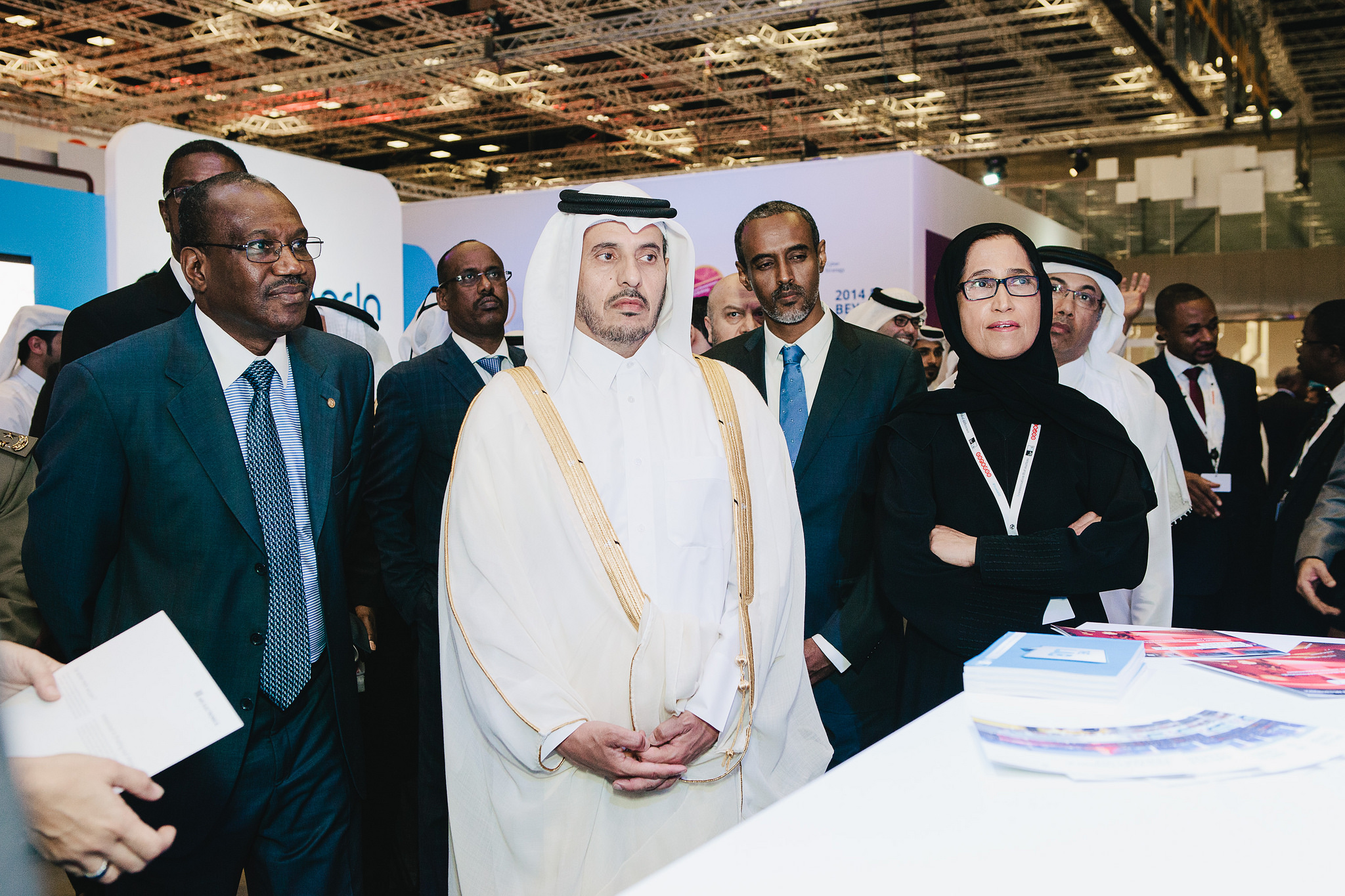Maker culture has gained a lot of ground in the last few years. Maybe too much, in fact. We can of course ignore those people who are only, as always, surfing the current wave of hype. They seldom have any clue of the ideas they are selling themselves with anyway. But it also feels as though everybody else is talking about maker culture. Those words are even being uttered by people who have always been opposed to what they should mean. Or is it me? Did I get it wrong all the way?
First time I read about a "maker culture", it was a sort of relief. I had finally found - or so I thought - a way to explain a number of initiatives some of us in Brazil had been involved for some years before that. Framing those things as "making" enabled us to mix critical thinking with DIY (as brilliantly put by Matt Ratto on "critical making"), proposing a sort of creative engagement that escaped the dead-ends of tedious market-driven innovation. A culture of conscious makers could recognize and promote alternative solutions and new perspectives for everyday problems, valuing distributed and collaborative approaches and seeking the common good. It would help overcoming traditional institutions and their clogged circuits of information. Local, cooperative formations would challenge the logics of global industrial capitalism, treating every human being - or small group, however loose it was - as potentially creative and productive. Industrial products that suffered of planned obsolescence would be repaired as armies of amateurs used the internet to share digital models of replacement parts. New kinds of meaning and engagement would evolve influenced by such approaches to material and cultural expression. Possibilities emerging from the free software and hacker movements would finally evert to the world of things.leia mais >>






